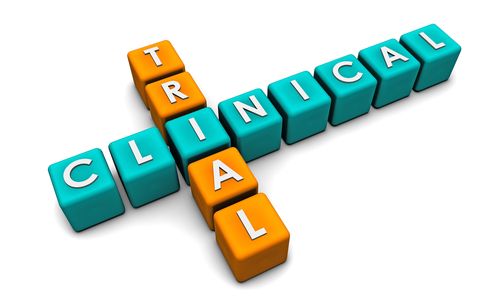Something very big is happening in the field of clinical trials (also called clinical research studies).
It’s moving fast, and it will have far-reaching effects on the future of cancer research and treatment. It’s the launch of basket trials.
Cutting-Edge Treatments
View our list of available clinical trials at Roswell Park.
View TrialsYou may also call 1-800-ROSWELL (1-800-767-9355) for more information.
To understand basket trials and why they’re so exciting, take a look at the way most clinical trials are currently designed. Clinical trials that study the effects of new cancer treatments are usually open only to participants who have a certain type of cancer, based on the tumor’s location — breast cancer or lung cancer, for example.
But now that scientists have mapped the human genome, they can look beyond the location of a tumor and reveal the specific gene mutations that enable a patient’s cancer to grow. They have discovered that the same mutation can be present in several different types of cancer — and even in diseases that are not cancer.
With that information, they have begun to design clinical trials that focus on shutting down a specific gene mutation regardless of where it causes cancer to grow. This new type of clinical trial — called a basket trial — can involve participants who have different types of cancer, as long as they have the gene mutation that’s being studied.
This approach is still very new. Results of the very first basket study in the U.S. were published just four months ago, in August 2015.
So what does this mean for cancer patients?
- Basket trials involve targeted therapies, or treatments designed to “switch off” specific molecules that enable the tumor to grow. Targeted therapies tend to be more effective than generic chemotherapy and are associated with fewer and milder side effects. For many patients, basket trials offer a chance for better outcomes and an easier treatment experience.
- In the past, patients with rare cancers were not eligible to enroll in most clinical trials. That’s because clinical trials typically require large numbers of participants to ensure that the study results will be reliable. Often there are not enough patients with the same rare cancer to begin a clinical trial. But many patients with rare cancers will now be eligible to participate in basket trials alongside patients who have more common types of cancer because they all have the same gene mutation. That would be great news for someone with no other treatment options. It would also speed progress in finding effective treatments for patients with rare cancers and other diseases.
It’s important to recognize that this is just the beginning. The drugs offered in a basket study will probably not work for every participant, even if everyone enrolled in the study has the same tumor mutation. But information generated by these studies will help researchers fine-tune treatments that can lead to a cure.
This is an exciting time to be involved in clinical trials. We’re heading in the right direction, and we’re picking up speed.
Basket trials at Roswell Park
Roswell Park is enrolling patients in a number of basket trials (or studies), including:
- The National Cancer Institute’s historic NCI-MATCH trials, for patients 18 and over who have solid tumors or lymphomas that do not respond to standard therapy and that are starting to grow.
- Basket trials designed by Roswell Park researchers.
